By the Equal Justice Initiative
On July 11, 1954, white residents of Indianola, Mississippi, formed the first White Citizens’ Council to organize and carry out massive resistance to racial integration of public schools.
After the Supreme Court decided Brown v. Board of Education, mandating an end to racial segregation in public schools, a Mississippi Circuit judge named Tom Pickens Brady gave a speech criticizing the decision and urging white citizens of the state to oppose the ruling. Later a justice of the Mississippi Supreme Court, Judge Brady declared integration a threat to the “Southern Way of life,” and his speech was published as a pamphlet titled “Black Monday” (referencing the day of the week the Brown decision was released).

A white crowd protests the admission of Black students to Central High School in Little Rock, Arkansas, 1959. Source: John T Bledsoe/PhotoQuest/Getty Images / EJI
Robert B. “Tut” Patterson, who owned a 1,500-acre plantation near Indianola, Mississippi, was inspired by Brady’s words and soon called for a meeting of concerned white people to try to oppose integration. On July 11, a large group of local white men and women gathered at the Indianola town hall and formed the first White Citizens’ Council. One year later, 250 White Citizens’ Councils had been launched throughout the South, boasting a total of 60,000 members; by 1956, active Councils were operating in 30 states, and by 1957, membership reached 250,000.
Read more at Equal Justice Initiative’s A History of Racial Injustice Calendar. EJI believes we must acknowledge the truth about our history before we can heal. Learn more in the EJI video below.

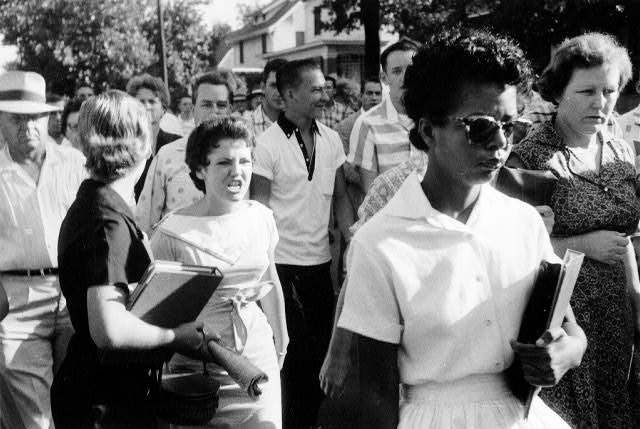
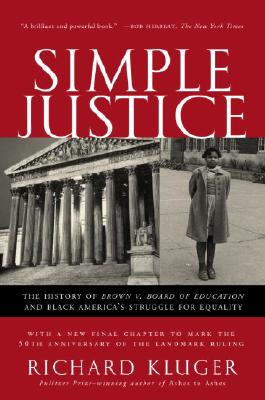
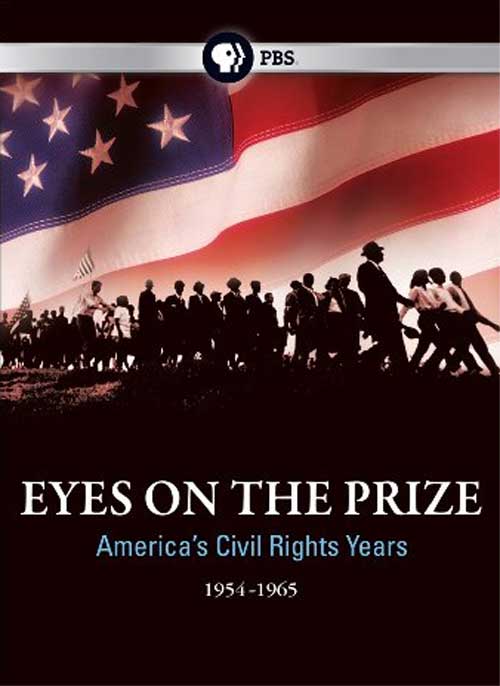
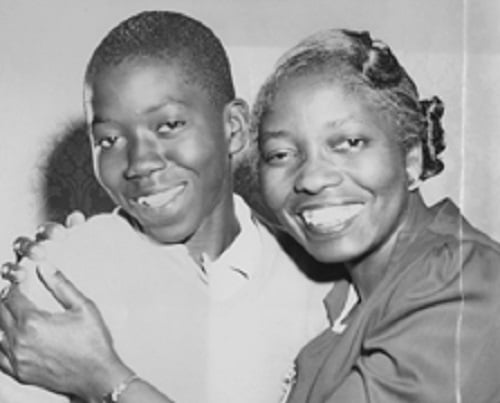
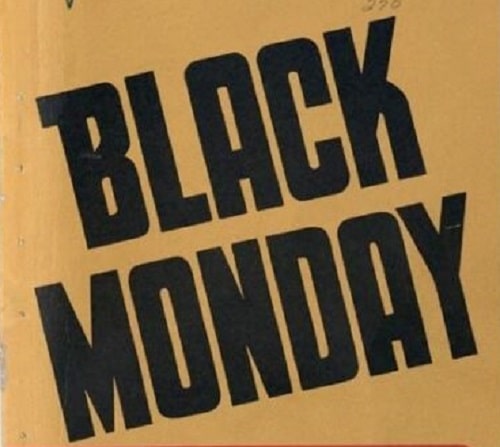
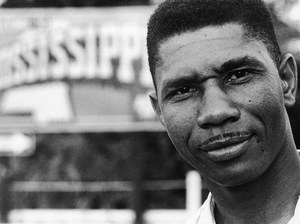





Twitter
Google plus
LinkedIn